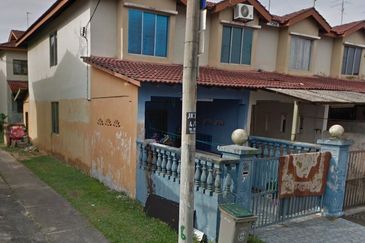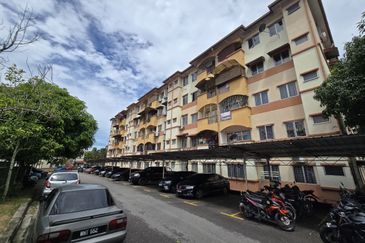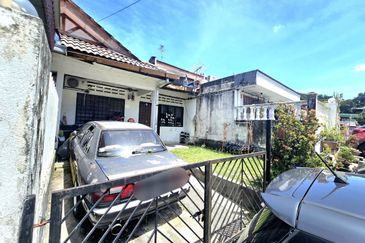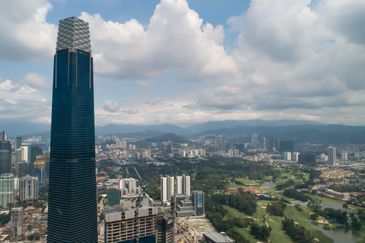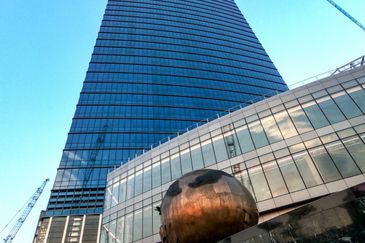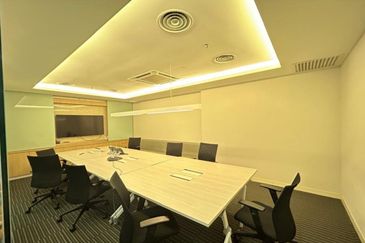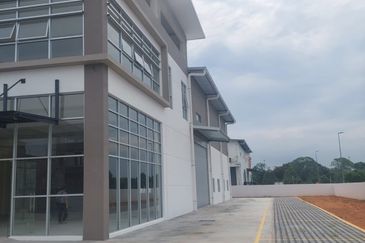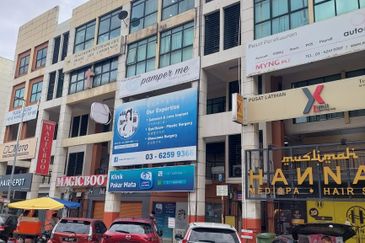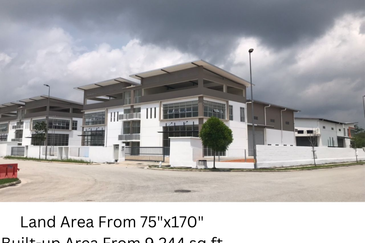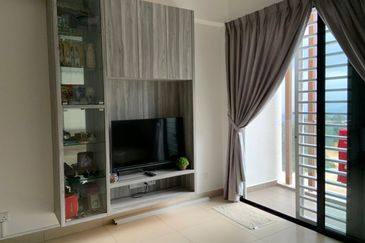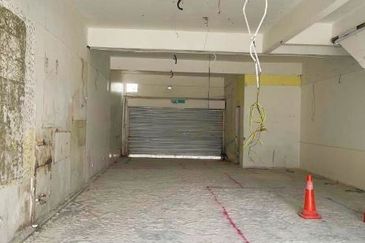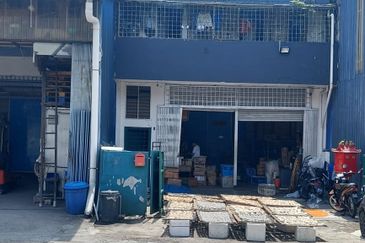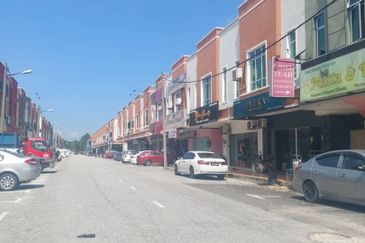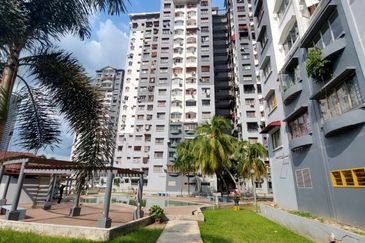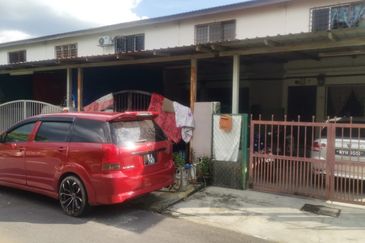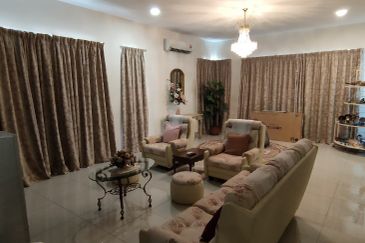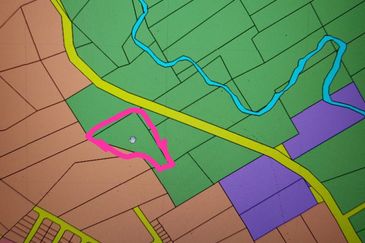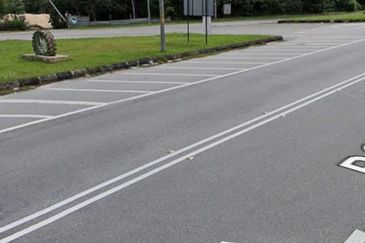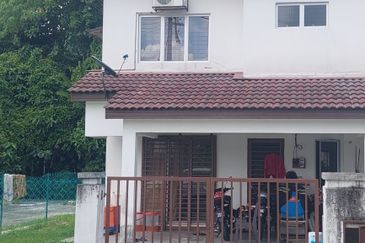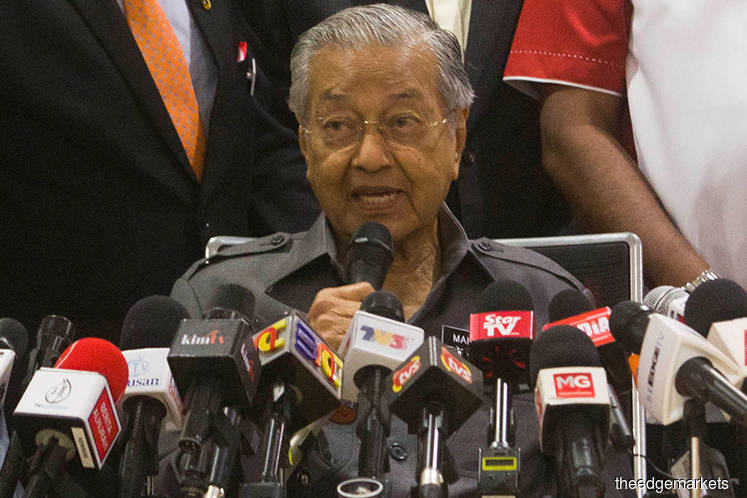
BEIJING (April 26): Tun Dr Mahathir Mohamad has today extended his full support for the Belt and Road Initiative (BRI), saying that Malaysia will benefit from the project.
However, the prime minister has highlighted that it is the international community that must assume responsibility for keeping the seas clear and unpolluted if the Straits of Malacca is designated as international waters.
"When the demand for petroleum in the East grew, bigger and bigger tankers were built, some almost half a million tonnes. The geographical location of the passage became strategic to the nations of the East and West," said Dr Mahathir in his opening keynote speech during the high-level meeting of Belt and Road forum for international cooperation here today.
Dr Mahathir is the first Malaysian prime minister, as well as the first head of government and the only Asean leader, to give a keynote speech at a Belt and Road forum, and not all leaders have the chance to give a keynote address at the forum.
With the increasing volume of trade enriching trading partners, the threats to the littoral states have unfortunately increased, then resulting in oil spills and dumping of waste at sea, polluting the shores of these states, Dr Mahathir explained.
"So far the responsibility falls on the littoral states. They are the ones to suffer pollution, and they have to maintain a sizeable force to clean up the sea and their shores," said Dr Mahathir.
He opined that it is unfair that the poor littoral states should be burdened with this responsibility.
He pointed out that as these are designated international waters, the littoral states are unable collect tolls to finance the work of cleaning up.
Hence, as the Silk Road, the land passage between East and West, has not received much attention, Dr Mahathir said it is obvious that with modern technologies the passage can be improved.
"The land passage should also respond to the need of the increased trade between East and West," said Dr Mahathir.
"If ships can be built bigger, why cannot trains be equally big to carry more goods and raw materials and people?
"Have we reached the limit in terms of the size and length of trains. I think not. If the rail gauge is widened, cannot we build bigger trains? Can't we have longer trains, maybe a kilometre long?" noted Dr Mahathir.
"Trains can shorten the passage between East and West, bringing them closer to each other. They are faster than ships," he added.
Also, while speed is important, he noted the need to build safer fast trains to cope with the increased needs of trade today.
"Modern technology with the ease of data collection, of artificial intelligence and wireless communication should enable monitoring and checking to be done without the need for physical inspection.
"With these technologies much time would be saved. And accordingly the growth in the usage of the passages will be rapid," Dr Mahathir said.
"The Belt and Road idea is great. It can bring the land locked countries of Central Asia closer to the sea," said the prime minister, adding that they can grow in wealth and their poverty reduced. Everyone will benefit from the ease of travel and communication that the development of the Belt and Road project will bring.
Nonetheless, Dr Mahathir highlighted that an essential element is the freedom of passage along these routes.
"It is essential therefore for these passages be free and open to all.
"A passageway is only as good as the freedom it provides. Both the sea and the land routes will pass through many countries," said Dr Mahathir, noting that bureaucratic hassles will slow the speed of travel.


